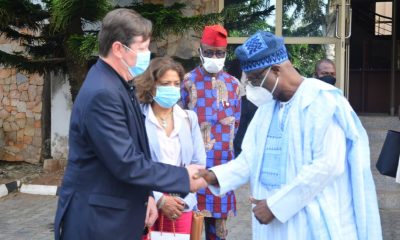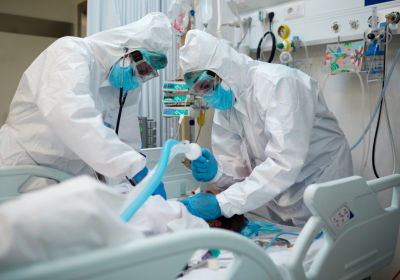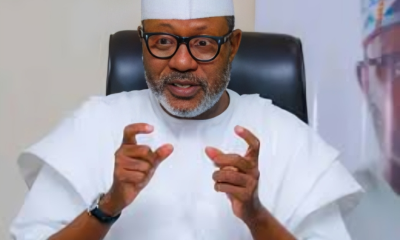Foreign News
Australia to Ask EU for 1 Million Vaccines for Papua New Guinea
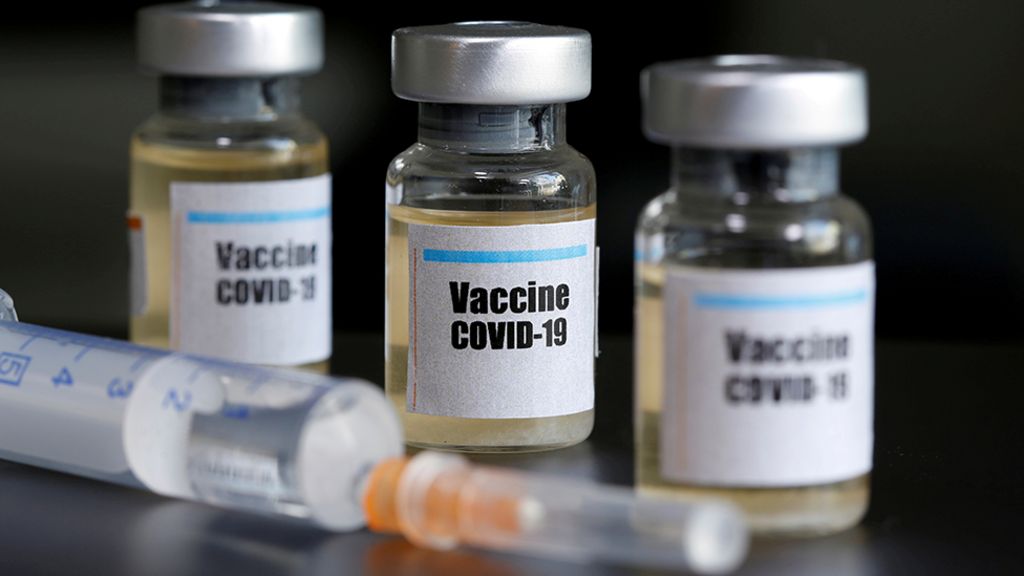
Australia said on Wednesday that it would make a formal request to European authorities and AstraZeneca to release one million doses of the country’s contracted vaccination supplies to help Papua New Guinea fight an escalating COVID-19 outbreak.
Prime Minister Scott Morrison made the comments when announcing that Australia would immediately be gifting 8,000 doses of its domestic COVID-19 stocks to support the Pacific island state.
The vaccinations would be given to front-line health workers in Papua New Guinea from next week.
Morrison said he hoped that the European Union would stick to its pledge to avoid “vaccine protectionism’’ and ensure that the vaccines went to those most in need.
“We have contracted them. We’ve paid for them and we want to see those vaccines come here so we can support our nearest neighbour,’’ Morrison told reporters in Canberra.
“I expect and will hope to get the cooperation out of Europe for this.’’
Australia’s new support package, which also includes supplying hospitals with PPE and other equipment, after Papua New Guinea’s Prime Minister James Marape on Monday warned of a “staggering’’ increase in cases.
He said the nation was heading towards an infection rate “of about one person to three or four’’.
The country of eight million inhabitants is eligible for the World Health Organisation’s COVAX programme, which is shipping vaccines to developing countries.
COVAX has indicated it would deliver 588,000 vaccines to Papua New Guinea by June.
On Tuesday, the country reported 97 new cases of Covid-19 in 24 hours. (dpa/NAN)

WHO Decries 33-year Life Expectancy Gap Between Rich, Poor Countries
The World Health Organization (WHO) says on Tuesday that more than 30-year difference in life expectancy between the richest and the poorest countries highlights global health inequities.
The global health body stated this in its ‘World Report on Social Determinants of Health Equity’ launched on Tuesday by its Director-General, Dr Tedros Ghebreyesus.
The report revealed that where one was born could be the difference between living over three decades longer than someone else from a poorer country lacking safe housing, good educational opportunities and access to decent jobs.
According to the report, people in the country with the highest life expectancy will, on average, live for 33 years more than those born in the country with the lowest life expectancy.
It further revealed that lack of safe housing, good educational opportunities and access to decent jobs could be responsible for a reduction in life expectancy in both rich and poor countries alike.
“Our world is an unequal one. Where we are born, grow, live, work and age significantly influences our health and well-being,” said Ghebreyesus.
The report found that inequities in health were closely linked to degrees of social disadvantage and levels of discrimination.
“Health follows a social gradient whereby the more deprived the area in which people live, the lower their incomes are,” the UN global health agency said.
It stated that inequities’ were exacerbated in populations that face discrimination and marginalisation, such as Indigenous Peoples, who had lower life expectancies than their non-Indigenous counterparts.
According to the report, this is the case in both high and low-income countries.
The study was the first to be published since 2008 when the WHO Commission on Social Determinants of Health released its final report.
The report laid out targets for 2040 for reducing gaps between and within countries in life expectancy, childhood and maternal mortality.
It showed that these targets were likely to be missed and in spite of a scarcity of data, there was sufficient evidence to show that health inequities were often widening.
“For example, children born in poorer countries are 13 times more likely to die before their fifth birthday than in wealthier countries.
“Moreover, modelling shows that the lives of nearly two million children annually could be saved by closing the gap and enhancing equity between the poorest and wealthiest sectors of the population within low- and-middle-income countries.”
Additionally, while maternal mortality declined by 40 per cent between the years 2000 and 2023, the majority of deaths, 94 per cent, still occurred in low and lower-middle-income countries.
WHO called for collective action to address economic inequality and invest in social infrastructure and universal public services.
The agency also recommended other steps, including overcoming structural discrimination and the determinants and impacts of conflicts, emergencies and forced migration
Foreign News
Iran Uses Citywide Surveillance To Enforce Headscarf Law
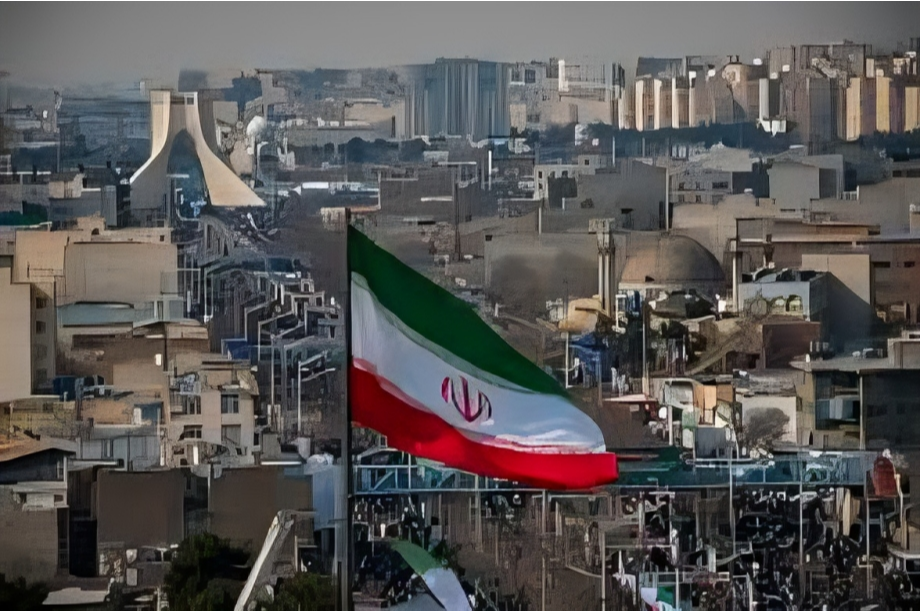
Iran has launched video surveillance in several major cities to monitor compliance with its mandatory headscarf law, according to media reports on Tuesday.
The surveillance had been introduced in the capital Tehran, as well as major cities like Isfahan and Shiraz.
Women seen in public without the compulsory headscarf reportedly received warnings via text message.
Previously, video surveillance was mainly used for traffic monitoring.It remains unclear which government agency or official authorised the expanded surveillance. In an interview with local media, Iran’s Vice President Zahra Behrouz pledged to investigate.
“We are working to clarify where these SMS messages originate, what their purpose is, and the legal basis for their issuance.
“The development comes as growing numbers of women in Iran’s urban centers openly ignore the Islamic dress code, often as a form of protest and a statement of self-determination,” she said.
This shift in public behaviour was spurred by the 2022 nationwide protests under the slogan “Woman, Life, Freedom.”
Conservative hardliners regard the public defiance as a provocation.
While President Masoud Pezeshkian, who took office in mid-2024, had promised a more pragmatic approach to societal issues, he had not proposed repealing the mandatory headscarf law.
The headscarf requirement had been a core ideological element of the Islamic Republic for over four decades. A proposed reform to Iran’s penal code that could impact enforcement of such laws was currently stalled.
Foreign News
UN Chief Warns India, Pakistan Against Military Confrontation
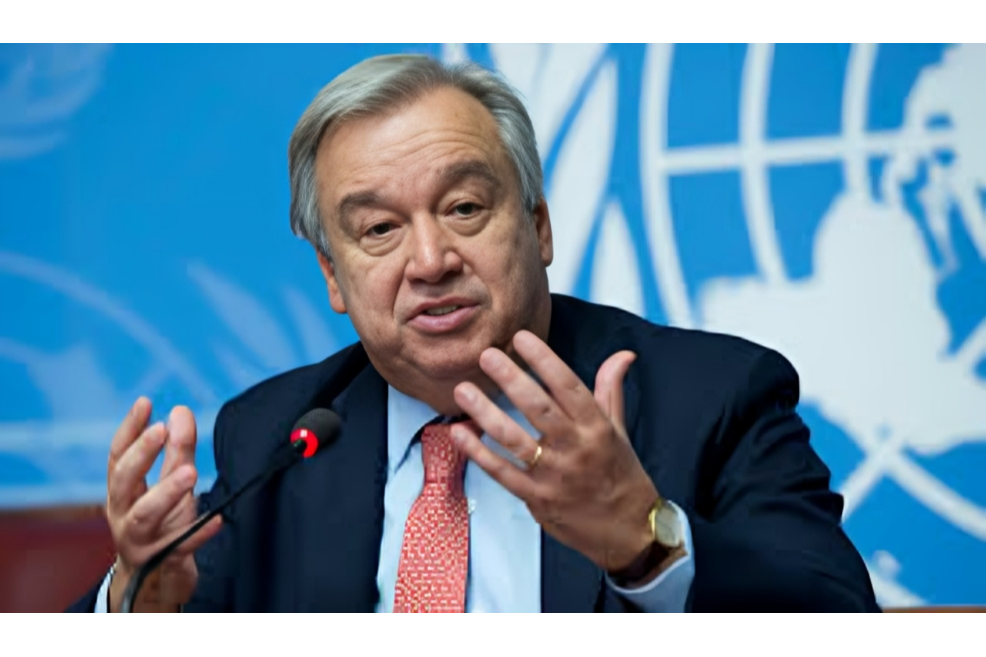
UN Secretary-General António Guterres has called for “maximum restraint” from India and Pakistan.
While addressing newsmen at the Security Council in UN Headquarters in New York, he warned that escalating tensions over a recent deadly terror attack in Kashmir risk spiralling into military confrontation.
Guterres expressed deep concern over deteriorating relations between the two South Asian neighbours, saying they had reached “their highest in years”.
He reiterated his condemnation of the April 22 terror attack in the Pahalgam area of Jammu and Kashmir, which killed no fewer than 26 civilians and injured many more.
“Targeting civilians is unacceptable and those responsible must be brought to justice through credible and lawful means.
“It is also essential, especially at this critical hour, to avoid a military confrontation that could easily spin out of control,” Guterres said.
India and Pakistan both administer parts of Kashmir but claim the territory in full.
The Security Council was due to meet behind closed doors later to discuss the rising tensions between the two nations.
The UN chief offered his good offices to both governments to help de-escalate tensions and promote diplomacy, stressing that “a military solution is no solution.”
“Now is the time for maximum restraint and stepping back from the brink,” he said.
Guterres also praised both countries for their long-standing contributions to UN peacekeeping operations and expressed hope that their shared history of cooperation could form the basis for renewed dialogue.
“The United Nations stands ready to support any initiative that promotes de-escalation, diplomacy, and a renewed commitment to peace,” he said






